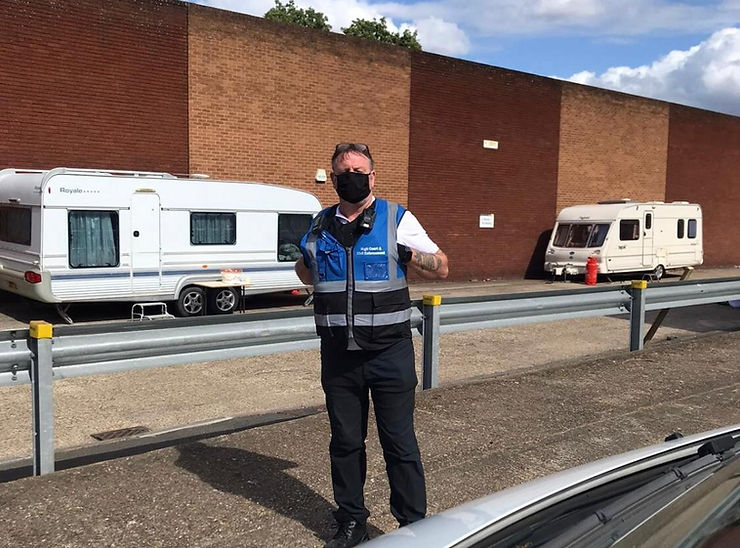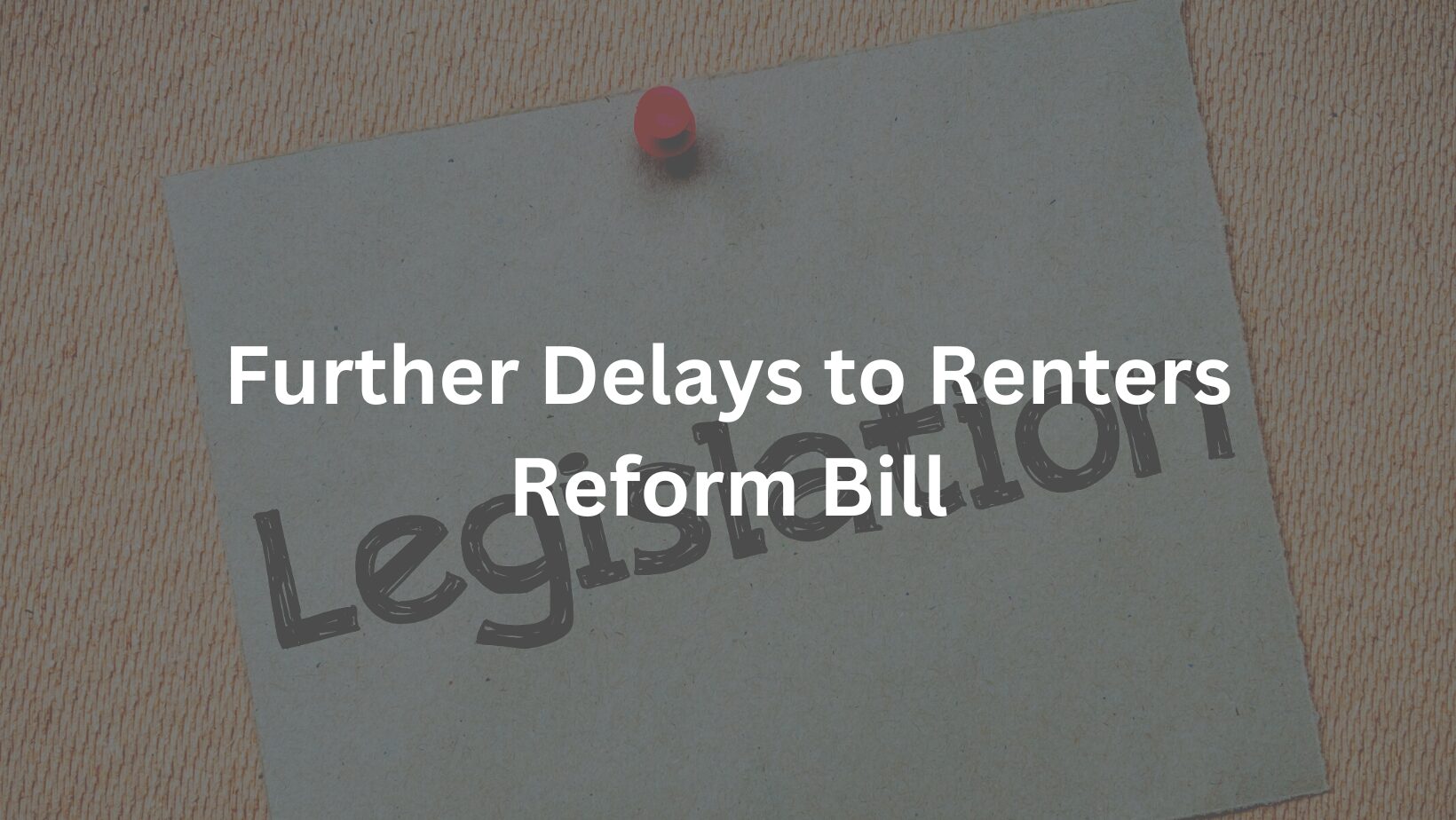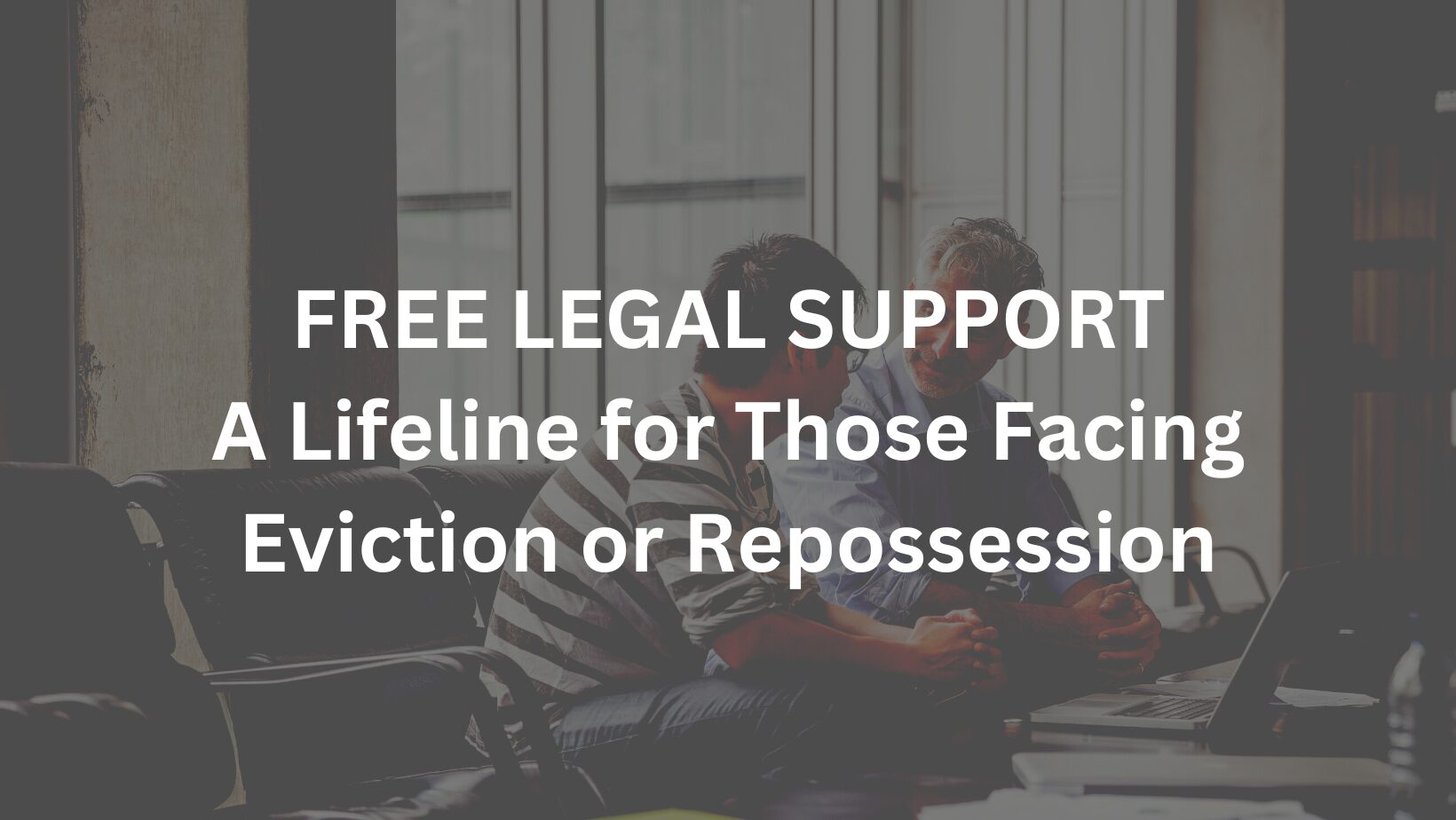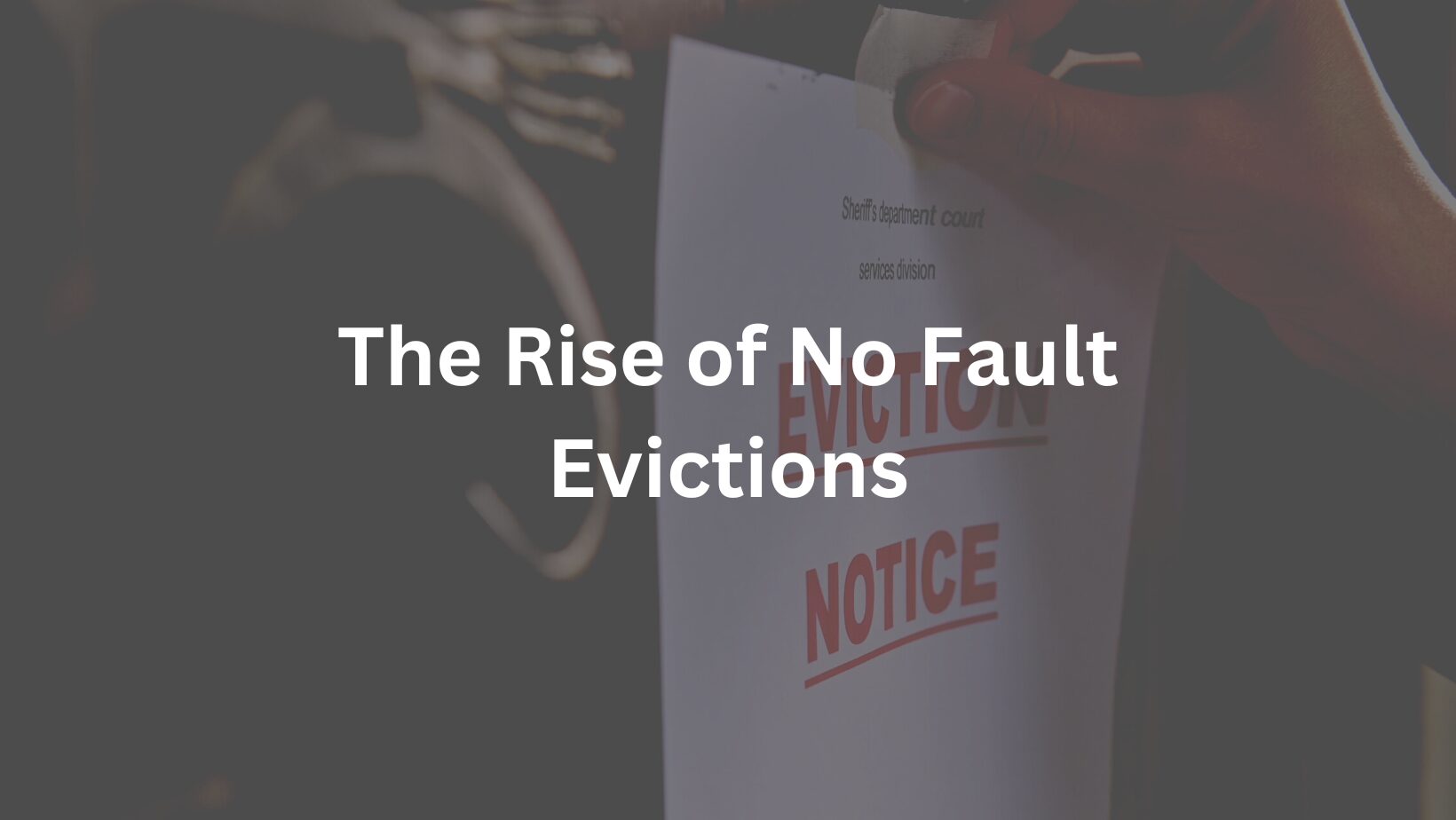
Private landowners and people working for local authorities are likely to experience trouble with trespassers at some point in their lives. It’s an unfortunate inevitability.
Travelers, squatters, protestors and vandals, they all know how and when to turn up, exactly where they’re not supposed to be.
We get it…
Travelers are often just looking for a place to be, somewhere safe for their families. Squatters too, may just be after somewhere to call home for a bit. Protestors want to be heard and vandals want a cheap thrill.
We get it, but it doesn’t make it right.
So, what can you do about it?
It helps when you’ve got the law on your side, and you have.
Local authorities and landowners can both go through the courts, with the processes and transfers involved in removing trespassers, but private landowners should know about good old fashioned ‘common law’, as it could provide a speedier solution…
Common law says…
“If a trespasser peaceably enters or is on land, the person who is in or entitled to possession may request him to leave, and if he refuses to leave, remove him from the land using no more force than is reasonably necessary. This right is not ousted if the person entitled to possession has succeeded in an action at law for possession but chooses not to sue out his Writ.”
Basically, going through the courts can’t hurt, but the use of reasonable force, as is allowed by Common law, could get things moving much more quickly.
As long as the landowner asks the trespassers to leave first, the use of Bailiffs now known as Enforcement Agents can then be implemented to safely and legally remove the unwanted persons.
The benefit of using companies like ours is that all our Agents are well versed in the legalities and risk assessments of these situations. The last thing you want is criminal charges against you, and this is the best way to safeguard against that.
The police don’t like to get involved in these things, and we can’t really blame them.
In many cases, they lack the manpower and the experience to oversee successful evictions.
We always notify them though, and sometimes they are present as witnesses, but the triggers for police involvement (violence, vandalism, volatile behaviour and vehicles numbering more than six) are not always met, and so the police are rarely involved directly.
The safest bet has to be the employment of Certificated Enforcement Agents, like ours.
It’s legal, it’s reliable, and it’s value for money.









